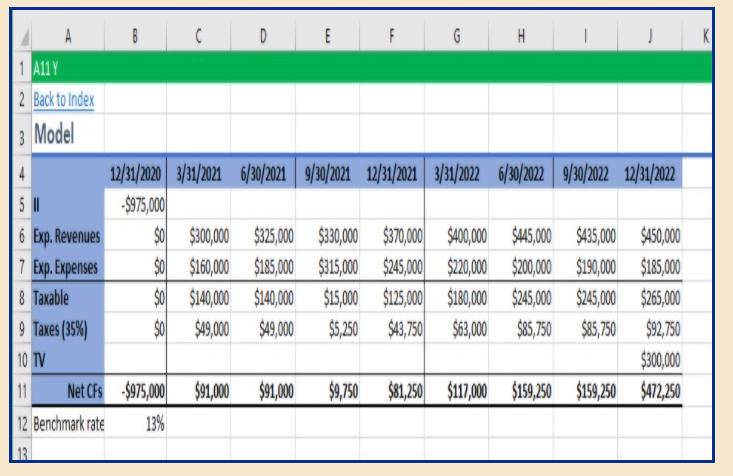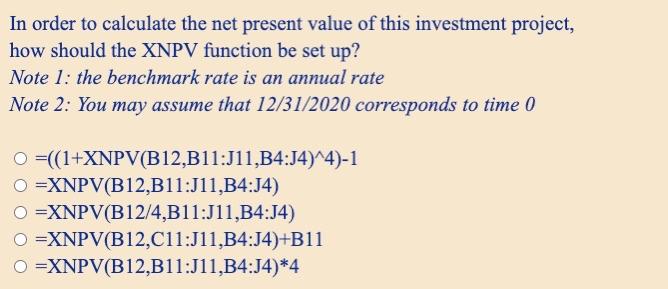Answered step by step
Verified Expert Solution
Question
1 Approved Answer
8 C D E F G 1 A11Y 2 Back to Index 3 Model 12/31/2020 3/31/20216/30/2021 9/30/2021 12/31/2021 3/31/2022 6/30/2022 9/30/2022 12/31/2022 5 -$975,000 6


Step by Step Solution
There are 3 Steps involved in it
Step: 1

Get Instant Access to Expert-Tailored Solutions
See step-by-step solutions with expert insights and AI powered tools for academic success
Step: 2

Step: 3

Ace Your Homework with AI
Get the answers you need in no time with our AI-driven, step-by-step assistance
Get Started


